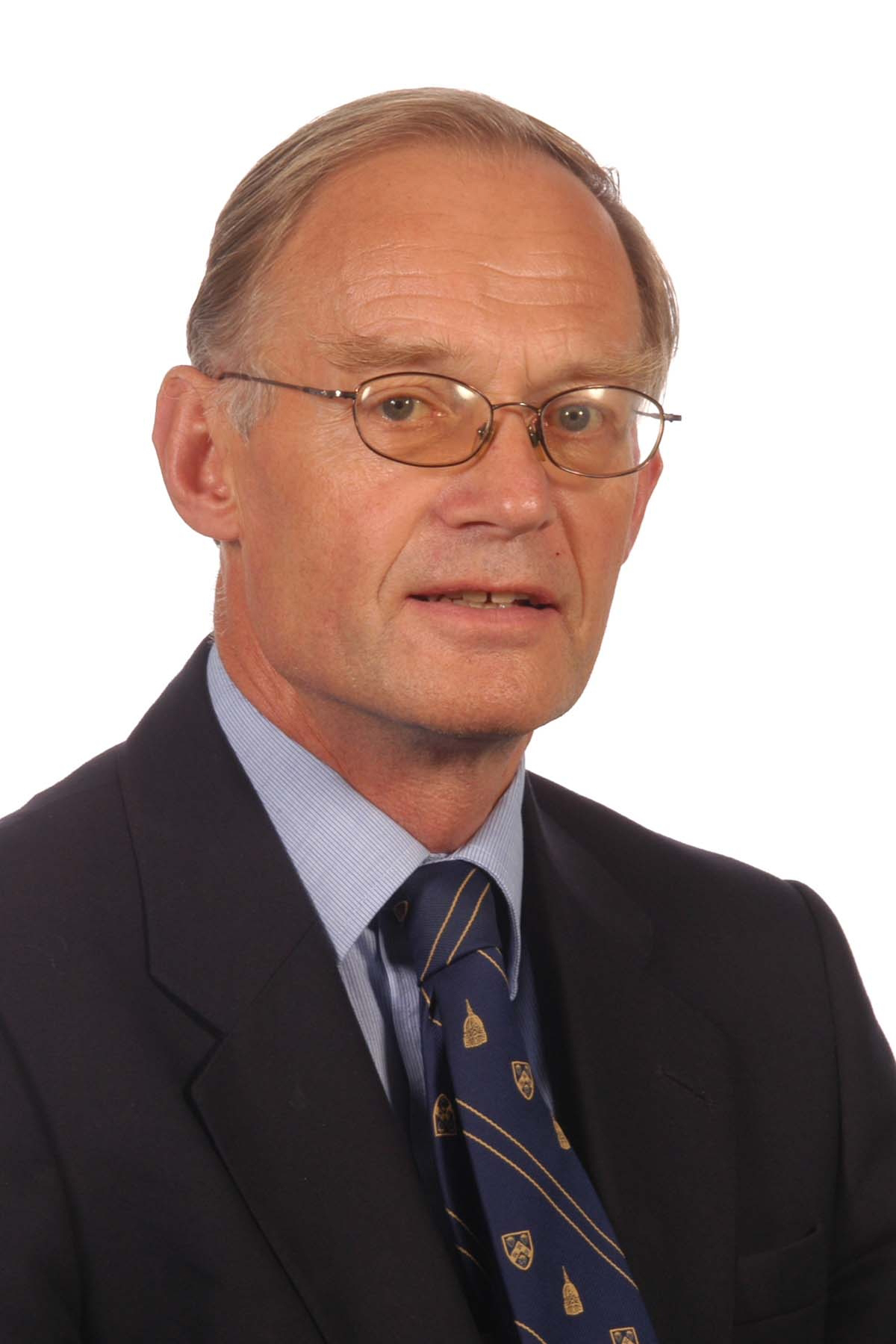Richard A.C. Hughes, United Kingdom

Richard A.C. Hughes, United Kingdom
Richard A.C. Hughes, United Kingdom
2009-2014
Personal Remarks
Despite living in an offshore island I have always been very enthusiastic about European collaboration. I chaired the Scientific Committee from 1998 to 2006 when we made a major push to increase the number and quality of guidelines. The impetus to do this came from the information explosion and need to capture and synthesize the evidence. I was particularly aware of this need because in 1998 Sir Ian Chalmers had persuaded me to found the Cochrane Neuromuscular Disease Group which had made me aware of the techniques involved in research synthesis. In 2006 we published the first edition of the European Handbook of Neurological Management containing 44 guidelines each written by European panels. I suspect this was the first Handbook of its type which contained articles which had been written by consensus and subjected to peer review. I was very pleased to pass the growing task of enlarging and updating the guidelines to Michael Brainin. In the meantime I had the honour to be invited to be the UK delegate to the EFNS in which capacity I served from 2000 to 2005 and to be elected Vice-President from 2001 to 2005.
I retired from my post as Professor of Neurology at King’s College London and consultant neurologist at Guy’s Hospital in 2007 which left me with time to accept nomination as President-elect of the EFNS in 2008 and election as President in 2009. I was very fortunate in the timing of this honour because by then the outgoing President Jacques de Reuck and the past President and Secretary-General of the ENS had developed plans to bring the EFNS and the ENS together. During my Presidency we have continued the traditions of Congresses, Teaching Courses, Fellowships and Guideline preparation established by my predecessors and launched an ambitious elearning programme eBrain appropriate for the internet age. We have collaborated with the European Federation of Neurological Alliances, the European patient organisations, and with the European Brain Council in lobbying for greater resources for brain research.
I intend that my most enduring legacy will be the organised dissolution of the EFNS in June 2014 when the European Academy of Neurology will arise like Phoenix from our ashes.
Curriculum Vitae
Richard Hughes is Emeritus Professor of Neurology at King's College London and Visiting Professor of Neurology at University College London. He studied medicine at Cambridge University and then at Guy's Hospital Medical School. He was appointed Consultant Neurologist at Guy's Hospital in 1975 and Professor of Neurology at what is now King's College London in 1987. He gave the Goulstonian lecture of the Royal College of Physicians London in 1981. He was awarded the Fellowship of the Academy of Medical Sciences in 2000 and the Medal of the Association of British Neurologists in 2006.
He gave the Hughlings Jackson Lecture of the Royal Society of Medicine in 2009. He retired from his NHS consultancies in 2007 but maintains his research interests in the pathogenesis and treatment of Guillain-Barré syndrome, chronic inflammatory demyelinating polyradiculoneuropathy and systematic reviews of treatment for neuromuscular disease. Professor Hughes founded and was the co-ordinating editor of the Cochrane Neuromuscular Review Group until March 2010. The Group now maintains more than 80 systematic reviews of interventions for the whole range of neuromuscular diseases. Professor Hughes has led international trials of intravenous immunoglobulin and immunosuppressive drugs in Guillain-Barré syndrome and chronic inflammatory demyelinating polyradiculoneuropathy.
His publications include 12 books, 47 book chapters and more than 310 journal articles. Professor Hughes was the founding chair of the Inflammatory Neuropathy Consortium, a special interest group of international Peripheral Nerve Society. He chaired the scientific committee and then became President of the European Federation of Neurological Societies in September 2009.